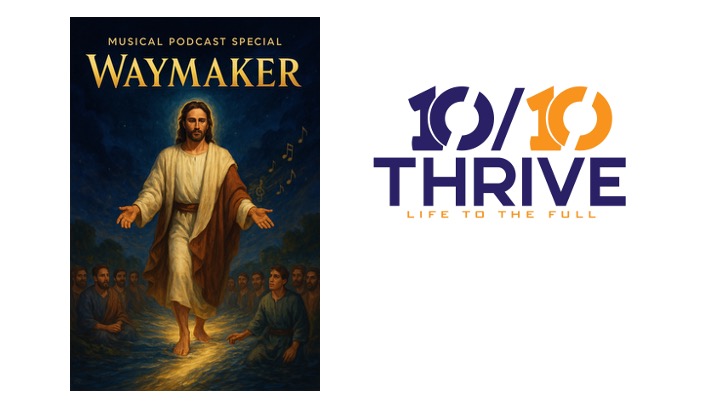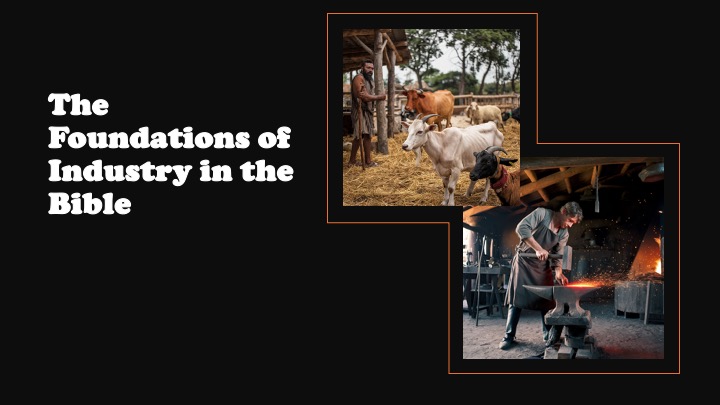As Jesus journeys toward Jerusalem, He pauses to address the growing crowds with a bold and startling call to discipleship. He speaks of loving Him above family, self, and even life itself—using language that jolts His listeners into serious reflection. But Jesus isn’t promoting hatred or abandonment; He’s demanding allegiance. To follow Him is to prioritize Him over every other bond or ambition. The imagery He uses—carrying a cross, counting the cost—makes it clear: discipleship is not for the half-hearted. It is a radical reorientation of the soul, a call to live with undivided devotion.
Through vivid metaphors, Jesus illustrates the seriousness of following Him. He likens discipleship to building a tower without calculating the resources or going to war without assessing strength. These parables urge foresight, resolve, and mature commitment. Jesus doesn't want an impulsive crowd swept up by emotion; He wants followers willing to endure, to sacrifice, and to finish the race. He makes clear that the journey will require dying to pride, status, and comfort, but promises that what is gained—true life and lasting purpose—is of far greater worth.
This passage reveals Jesus as a truth-teller and heart-revealer. He doesn’t soften the message to keep the crowd but instead invites each listener to soberly choose. He knows discipleship isn't about lofty words or emotional highs; it’s about lifelong surrender. But Jesus also offers hope: for those who count the cost and still follow, there is joy, purpose, and eternal reward. He calls us not into misery, but into meaningful transformation—into a life shaped by love, intention, and undying hope. The cost is high, but the reward is Christ Himself.

Part 7 of Waymaker opens by grounding the listener in Scripture, setting the stage for a deeper look at who Jesus is and what...

The Song of Solomon, while celebrating human intimacy, is also a metaphor for divine love, underscoring the sacredness of marriage, the beauty of creation,...

The early chapters of Genesis provide not only an account of creation and the fall but also a window into the development of human...